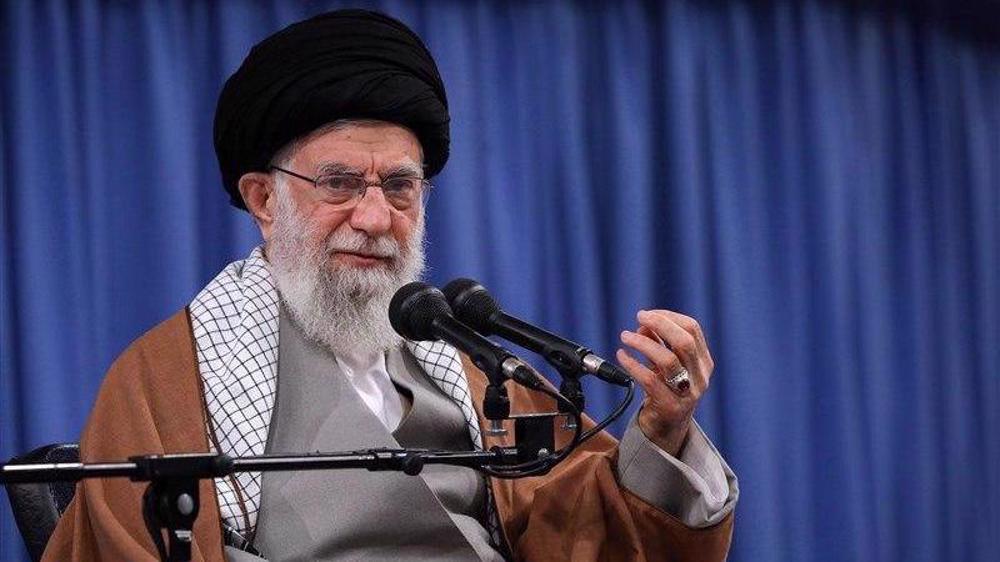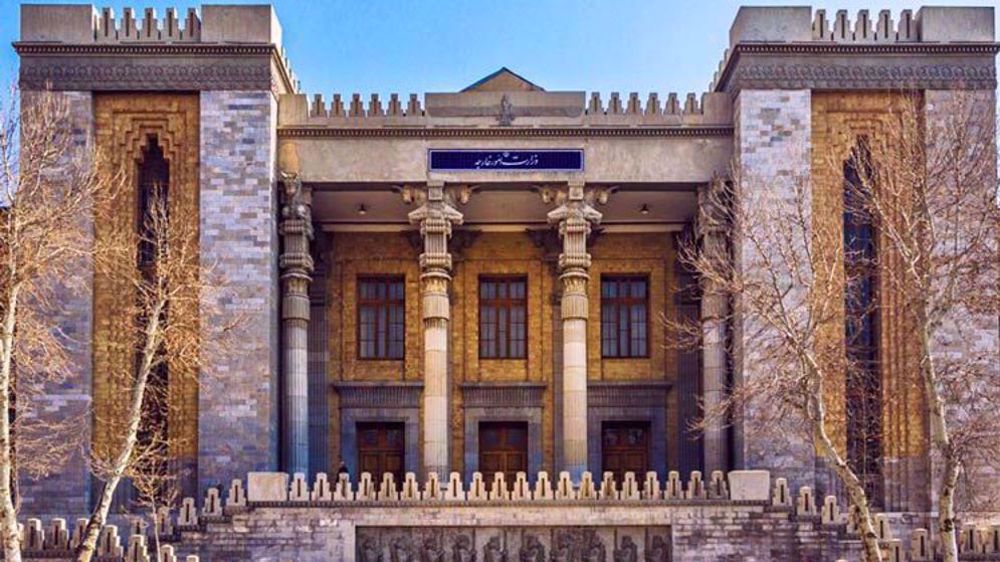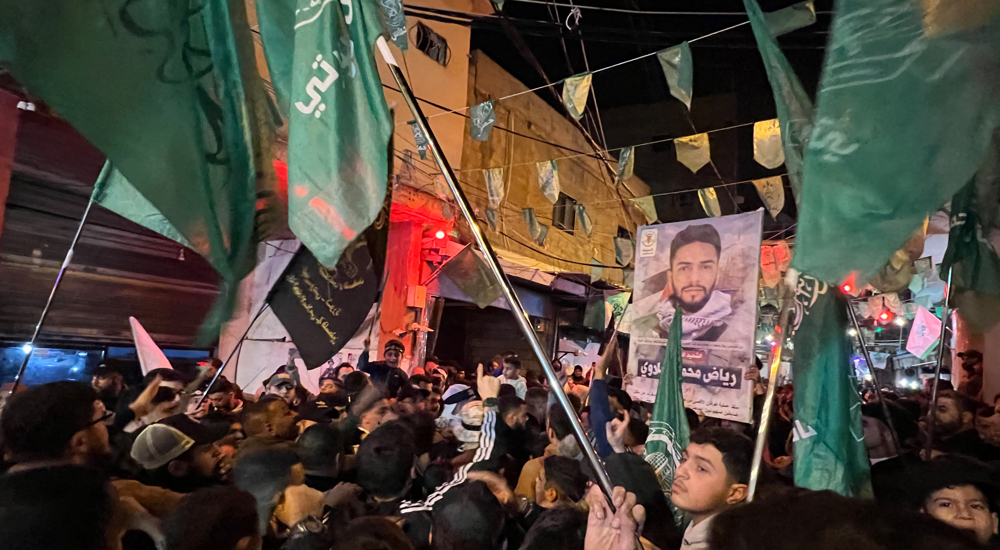This is how Iran elects a president and what he does
This is the procedure of Iran’s presidential elections and the president’s prerogatives.
According to Iranian law, the president is second in command after the Leader. He is the country’s chief executive and officially in charge of implementing the constitution and Iran’s macro policies.

After being elected by direct public votes, the president introduces 18 ministers to the Iranian parliament (Majlis). The country’s treasury is at the president’s disposal and it is he who draws and submits the country’s budget bill to the parliament.

All state apparatuses including the Judiciary, the Legislature, and the Armed Forces receive their budgets directly from the government. Elsewhere, the parliament is entitled to question any of the government ministers or even impeach and remove the president himself.
Read More:
- Iran’s 12th presidential election
- Iran’s 12th presidential election: A timeline
- Rouhani to contest 2017 presidential election: VP
The president in Iran must be known among men of religion and politics, and also have good experience in management. After registration as presidential contenders, which should be done in a 5-day period one month before the election day, the names and credentials of candidates is taken to the Guardian Council.

The 12 members of the Guardian council examine the papers and records of all registered candidates and ultimately announce a list of approved candidates to the Interior Ministry. These final presidential candidates then have 20 days to use lawful measures for campaigning.
Candidates are neither permitted to slander nor employ negative advertisements against each other. In such a case, they will face disqualification.
The presidential election is held on a Friday across the country. Any Iranian enjoying a sound mind over the age of 18 can participate.
The Iranian Interior Ministry is in charge of the event’s executing while the Guardian Council oversees it and ultimately approves all of ballot boxes.

After the elections, any candidate with 50 percent of the votes plus one will be announced as the president of Iran. But if the leading candidates’ votes were to be less than 50 percent, the lead and the runner-up would then go for a second round.

After victory, the president elect’s credentials will be endorsed by the Leader, following which he will be sworn in before the parliament in an oath-taking ceremony.
As of that day, he will be the president of the Islamic Republic of Iran.
Top general: Enemy dares not cast hostile glance at Iran
South Korean president skips questioning for second day after arrest
IRGC captures 15 terrorists during drills in southeast Iran
Bright prospects of Iran’s energy portfolio
VIDEO | Iran and Russia's partnership agreement
VIDEO | California wildfires leave residents struggling with insurance gaps and housing shortages
Leader: Palestinian patience, resistance forced Israel to back down
VIDEO | South African, Palestinian youths use sport to boost resistance









 This makes it easy to access the Press TV website
This makes it easy to access the Press TV website